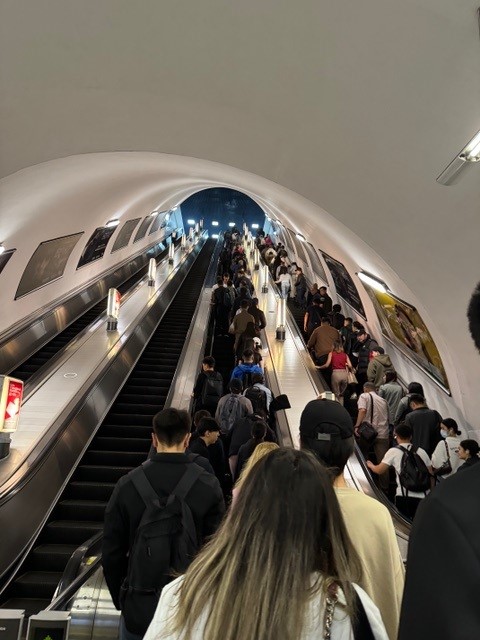
Growing up in Austin, I avoided public transportation at all costs. I am notoriously directionally challenged and tend to get on the wrong bus every time I try to navigate Cap Metro. So naturally, I was nervous about using public transportation in Almaty, Kazakhstan, where I would live for a semester.
If I couldn’t use the bus in my hometown, how was I supposed to master public transportation in a city I had never visited? Not to mention the fact that Almaty has several forms of transportation that simply don’t exist in Austin, such as minibuses, trolleybuses and a metro.
To orient myself around public transportation routes in Almaty, I would have to familiarize myself with each set of vehicles and gain a general understanding of their routes. The thought of memorizing all of this overwhelmed me, so I explicitly wrote, “I would like to live near the university, as I prefer walking to taking public transport” when I put in requests for my homestay.
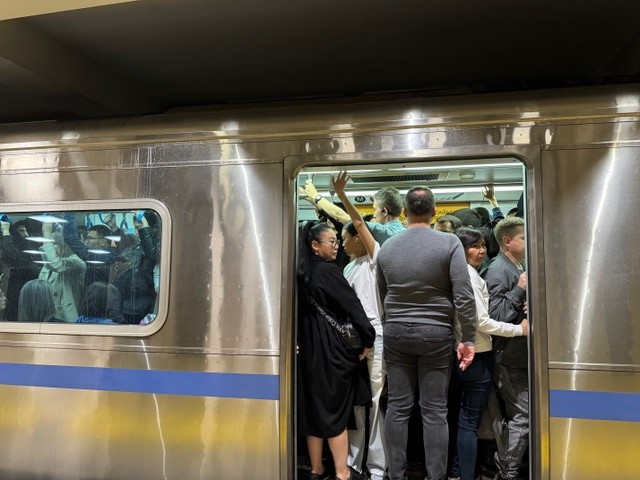
Much to my disappointment, I was placed in a homestay seven miles from campus, meaning walking to class was not an option. My commute to school would take 45 minutes each morning — a stark contrast to the 15-minute walk I was used to back at The University of Texas at Austin.
I soon faced my first challenge abroad: learning to use the metro.
Even though Almaty is the largest and most populated city in Kazakhstan, the metro only opened in 2011, with some stations having been added as recently as 2022. The metro contains eleven stations — all located on one line — and each entrance has a metal detector and an x-ray machine guarded by metro police officers. The walls of every station depict different aspects of Kazakh history and culture through murals, mosaics and statues.
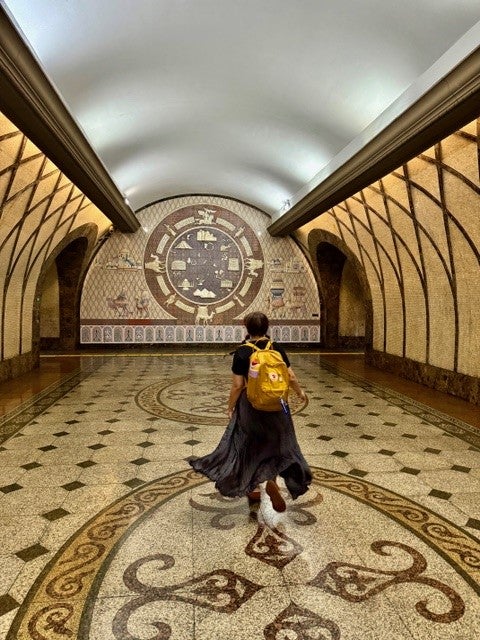
Nothing could have prepared me for the first time the metro arrived. Through the windows, I saw hundreds of commuters crammed into a narrow car. People spilled out onto the platforms when the doors opened, later scrambling back in before the doors closed again.
Before I could comprehend what was happening, I was shoved into the train by a crowd of older women and university students. The car was so packed, I couldn’t even hold onto the handrails!
Furthermore, I struggled to understand the unspoken culture of Kazakh public transport. I didn’t exactly have a crash course on which customs to expect, so I was unpleasantly surprised by the seeming lack of respect for one’s personal space.
Being shoved, elbowed and jostled around made me uncomfortable, and I quickly became annoyed by the babushkas (grandmothers) who yanked my backpack away from me without asking. When older citizens pushed me out of their way, I assumed they considered me a bumbling tourist who was awkwardly disrupting their perfectly choreographed commute.
I was embarrassed to admit that my most significant source of culture shock was rooted in something as basic as public transportation.
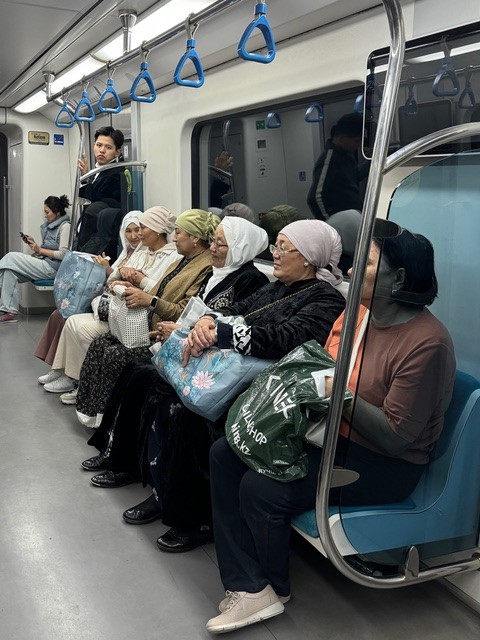
A few weeks into my study abroad program, I brought up my metro experiences to my grammar teacher, expecting her to sympathize with my frustrations. To my surprise, she began laughing.
She explained that everything I had assumed to be hostile jabs at my foreignness were instead signs of acceptance; I was being treated just like every other young adult in Kazakhstan! My offhanded complaint about the metro soon launched us into an informative discussion on Kazakh history and culture.
I came to learn that Kazakhstan’s culture is one of family and community, dating back to the region’s nomadic era when large families and tribal support helped nomads survive the steppe’s difficult conditions.
During the country’s time as a part of the Russian Empire (and later, the former Soviet Union), Kazakhstan received an influx of immigrants from Russia and its territories. High immigration rates led to the formation of big cities, which disrupted the nomadic lifestyle of native Kazakhs. Eventually, traditional nomadic life became practically obsolete. However, nomadic culture, practices and values are still woven into modern Kazakh society.
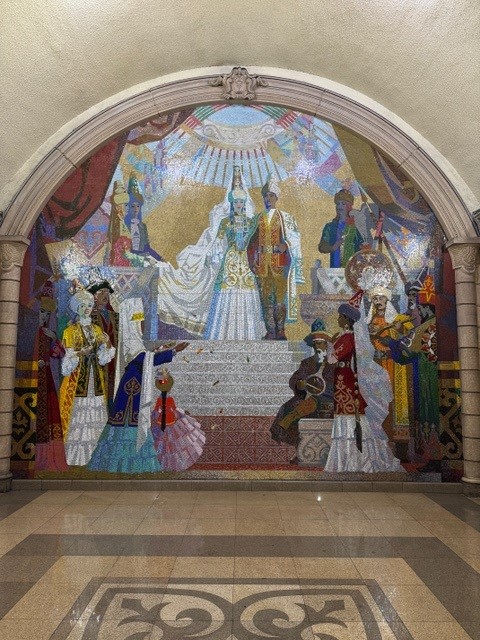
In the 21st century, these values of family and community support still manifest in the dynamics between the youth and older adults. Members of the older generation habitually scold random teenagers on the street or loudly voice their opinions on which fashion trends are “unacceptable.”
While these mannerisms may appear impolite to the American eye, they are rooted in kindness. Older women treat every young adult as if they were their own children; from their perspective, reprimanding adolescents is their way of contributing to the social education of the newest generation.
Kazakhstan operates on a principle of aggressive hospitality, even among complete strangers. When a crowd pushes me through the doors of the metro, it is not out of annoyance, but genuine concern that I will miss my stop. Likewise, when my backpack is suddenly yanked away from me and placed onto a babushka’s lap, it is her way of acknowledging that my bag is heavy, and she could make my journey more comfortable by holding my schoolwork.
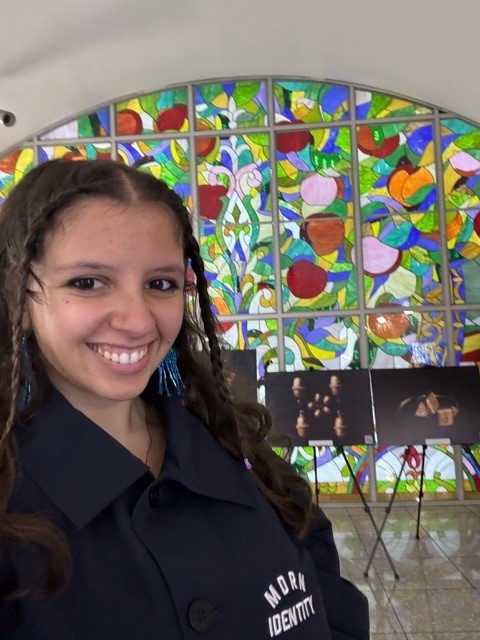
Learning about Kazakhstan’s history and values changed my perspective on public transportation. I realized that my commute was the perfect opportunity for me to observe Kazakh culture up close.
Squished between commuters with no space to move, I began noticing the mannerisms of those around me. I noted how Kazakhs dressed, spoke and interacted with each other. Before I knew it, I started unconsciously mimicking the habits of locals. I knew to give up my seat to babushkas on the metro, figured out which side of the escalator to use when in a hurry and learned that jaywalking is completely unacceptable.
Culture is not something that can be fully understood within the four walls of a classroom — it must be experienced through interactions. Over time, my feelings of dread toward the metro turned into excitement, and my commute became my favorite part of my day.
My journey in Kazakhstan is still in its infancy, and there’s no telling how much more I will learn about this country’s traditions, history and peoples. However, I know I will return to Austin having gained not only new Russian vocabulary but also a deeper understanding and appreciation of Kazakh public transport.
This post was contributed by Marina Garfield, a Global Ambassador for Fall 2024. Marina is a junior studying abroad in Almaty, Kazakhstan.


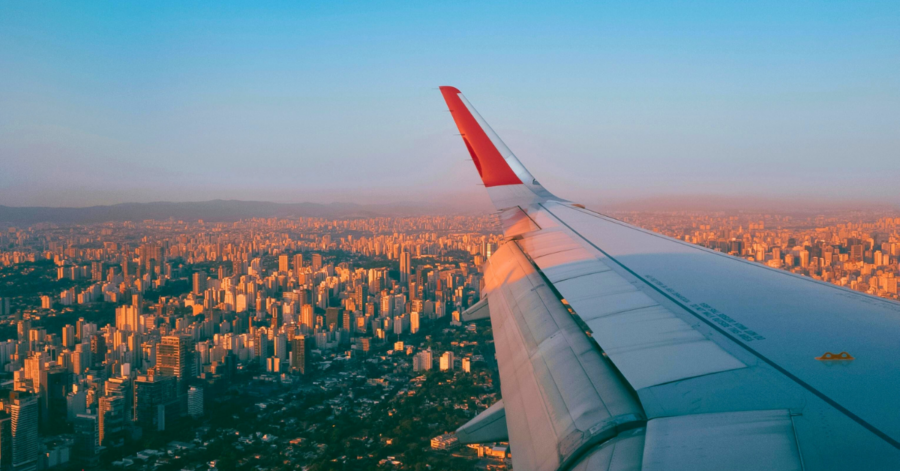


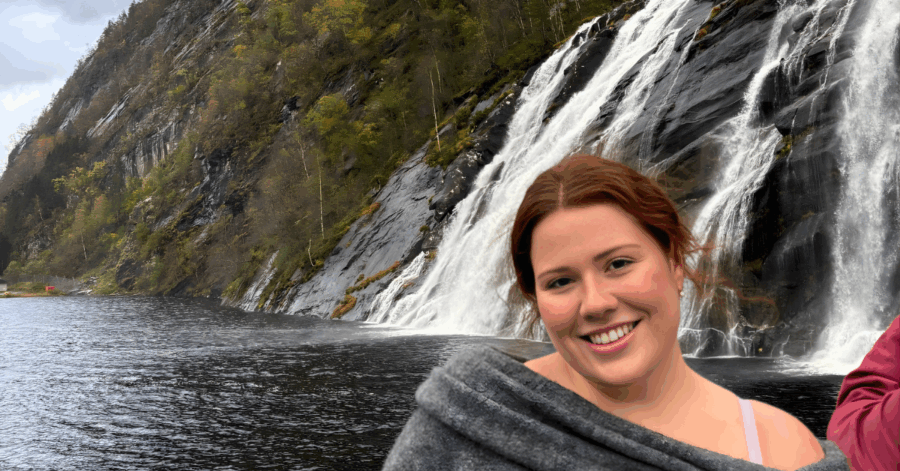
I’ve loved your narrative. Travelling should mostly be learning about different cultures and lifestyle and I believe you are doing great, despite the initial shock. I honestly wish all the best from this unique experience of yours.